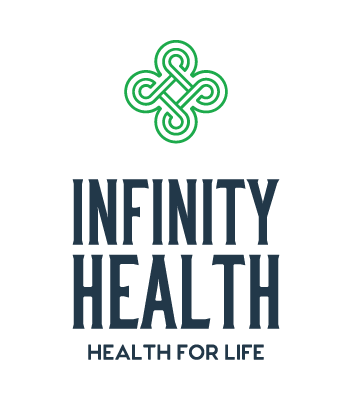Ever wonder what makes your muscles feel sore and tight? You could be experiencing muscle tension. This is a condition that results when the muscles of the body remain in a semi contracted state for an extended period of time.
- What causes muscle tension?
- How do you relieve muscle tightness?
- How do you relieve muscle tightness at home?
- Physiotherapy for muscle tension
What causes muscle tension?
Muscle tension is often the result of the physical effects of stress. Stress affects the body’s nervous system by constricting blood vessels which reduces blood flow to soft tissue. Reduced blood flow limits the amount of oxygen in the muscles. This causes a buildup of biochemical waste, which leads to muscle tension.
How do you relieve muscle tightness?
When activity or stress keeps muscles in a contracted state, one of the most effective ways to ease tight muscles is through stretching. Targeted stretches can combat excessive tightness and increase muscle length. Heat therapy and massage are also great ways to treat tight muscles.
How do you relieve muscle tension at home?
Looking for ways to ease tight muscles at home? Following a relaxing stretching routine, you may want to try a soak in Epsom salts. These salts are high in magnesium sulfate which is a natural ingredient to relax sore muscles. Chamomile is an accessible natural muscle relaxant. Chamomile essential oils can be massaged into tight muscles for relief or a soothing cup of chamomile tea can help the body relax. Drinking cherry juice can also help. Cherries are high in anti-oxidants and are an effective natural anti-inflammatory for tight and sore muscles. Blueberries are also a natural remedy, containing properties that decrease oxidative stress and inflammation in the muscles. So next time you’re hitting the gym try a pre-workout blueberry smoothie or maybe finish with a big glass or tart cherry juice.
Physiotherapy for muscle tension:
Muscle tension is typically treated using nonsurgical methods including targeted stretching, water therapy, and heat therapy. Salt soaks or hot baths can relieve muscle tightness as well as direct heat therapy and wraps. Many physiotherapists employ varieties of Proprioceptive neuromuscular facilitation, or PNF stretching. PNF techniques include hold and relax and contract and relax stretches which combine the body’s reflexes and applied forces to stretch and lengthen tight muscles. PNF triggers a neurological response that tells muscles it’s ok to relax which decreases contraction impulses and increases blood flow to relieve muscle tension.
If you have questions about muscle tension, reach out, we’d be happy to put together a tailored treatment program for you or offer some suggestions for at home treatment!

